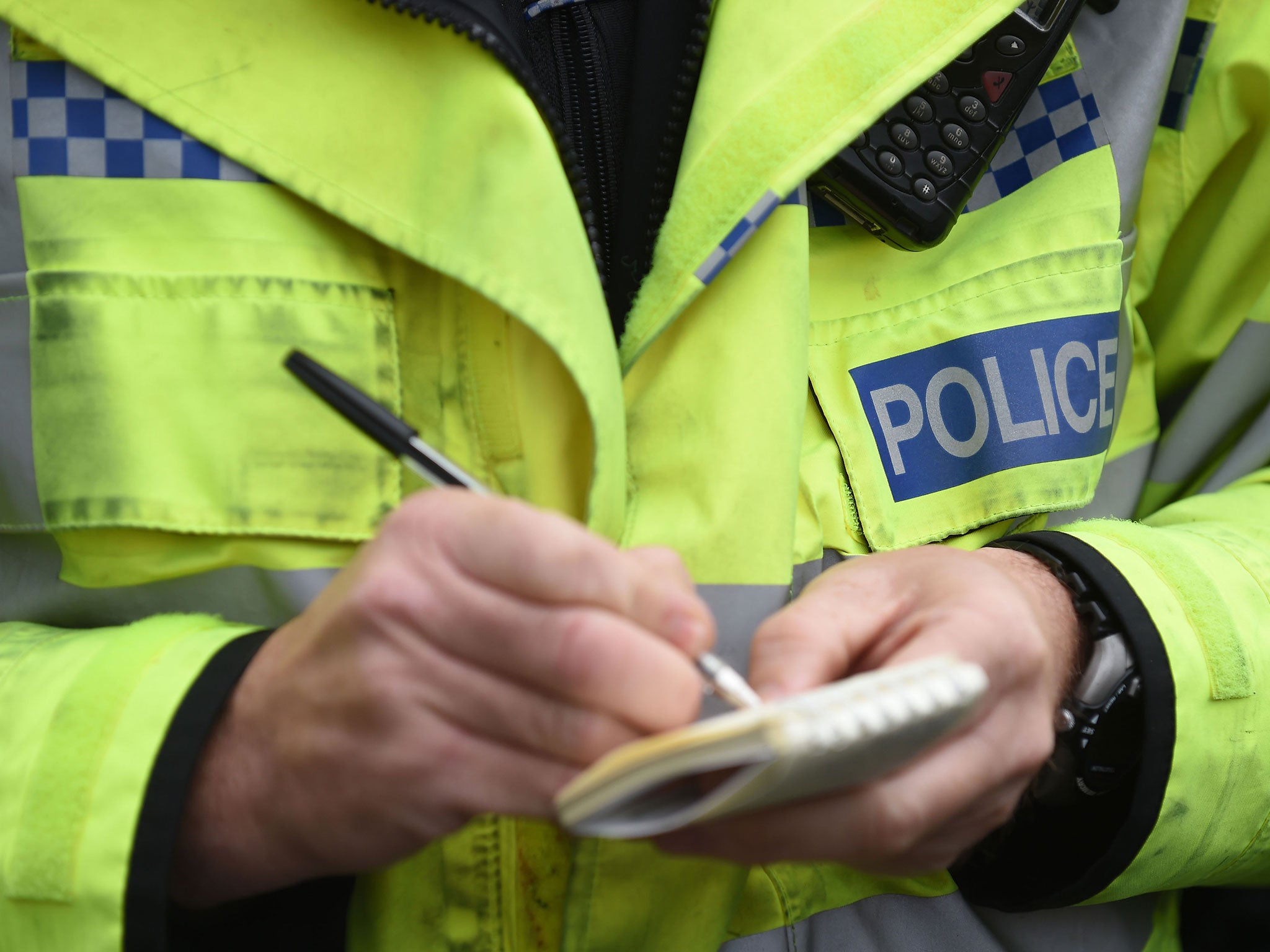Police ordered to use bail to protect victims after suspected rapists and murderers freed
Leaders move in to ‘manage risk’ of rocketing numbers of suspects being released without conditions during investigations

Police officers have been told to use bail conditions to protect the public after new rules saw thousands of suspected sex attackers and violent criminals released without any restrictions.
The National Police Chiefs’ Council (NPCC) has released guidance to all officers and staff emphasising that pre-charge bail is a “legitimate tool” in the wake of government changes in 2017.
The use of bail conditions plummeted after a 28-day limit was introduced, meaning rocketing numbers of suspects were released without conditions, even when they could have posed a risk to victims, witnesses and the public.
Chief Constable Darren Martland, the council’s national lead for bail management, said police leaders were concerned that the falling use of bail “could mean missed opportunities to protect vulnerable people and put conditions on violent offenders that could prevent reoffending”.
“We want to minimise the potential risk,” he added. “We are sending a clear message to officers that bail is a legitimate tool and it should be used to protect victims or vulnerable people when necessary and proportionate.”
The guidance states that officers deciding whether to apply bail conditions must take into account the need to protect victims and witnesses, and ensure public safety.
It says pre-charge bail should be used where a suspect may commit further offences or go on the run, if they are a threat to the public or themselves, or may interfere with the investigation and witnesses.
The document also states that police must warn victims and witnesses if a suspect is released under investigation, and provide advice about what to do if they are targeted.
A 28-day limit on pre-charge bail came into effect in April 2017, as part of a government shake-up aimed at ending the “injustice” of individuals being kept under a cloud of suspicion for very long periods of time.
The new measures also meant bail, where police can enforce restrictions on suspects’ movements and who they contact, could only be used when deemed “necessary and proportionate”.
HM Inspectorate of Constabulary found that in the six months after the limit came into force, the use of police bail plummeted by three-quarters – and 65 per cent in domestic abuse cases.
Inspectors warned that a drop across all offences suggested that police were “not protecting vulnerable victims the way that they should”, adding: “There was a change in legislation and it was lost in translation.”
A sample of around 3,000 people “released under investigation” between April and June 2017 found that 1,700 alleged violent criminals, 768 rape suspects and 31 who were questioned on suspicion of murder had been freed without conditions.
The Police Federation, which represents rank-and-file officers, said it raised concerns from the moment former home secretary Amber Rudd mooted the changes two years ago.
Vice chair Ché Donald said: “We welcome the new guidance aimed at protecting vulnerable people who are at risk. However we will need to examine the guidance in further detail to explore whether it works practically and whether it goes far enough.”
Domestic abuse campaigners warned that the “appalling” number of suspects freed with no conditions has put women at risk of further violence and intimidation.
Women’s Aid said the new guidance was an “important step forward” but must be robustly monitored.
Acting co-chief executive Nicki Norman added: “We are pleased to see the guidance state clearly that if a suspect has been arrested in connection with a domestic abuse offence ‘serious consideration’ must be given to imposing bail with conditions in order to safeguard the victim and there must be documented decision-making if pre-charge bail has not been used.”
A police inspector can authorise initial bail for 28 days, and an extension of up to three months can be granted by a superintendent. Any further extension for “exceptionally complex” investigations must be approved by an assistant chief constable or commander.
Officials said the rate of people being held in custody for the most serious offences, such as rape and murder, had remained broadly stable.
The College of Policing, which governs national training, said: “Whilst there is no evidence of harm being caused as a result of the reduced use of bail, it is important that police officers and staff use all legal powers at their disposal to effectively manage risk to the public.”
Nick Hurd, the policing minister, said: “Bail is a vital policing tool for investigating crime and providing protections for victims and witnesses.
“I am therefore pleased to see the NPCC issuing new operational guidance to help police forces take these important decisions and use pre-charge bail whenever it is necessary and proportionate.”
Subscribe to Independent Premium to bookmark this article
Want to bookmark your favourite articles and stories to read or reference later? Start your Independent Premium subscription today.
